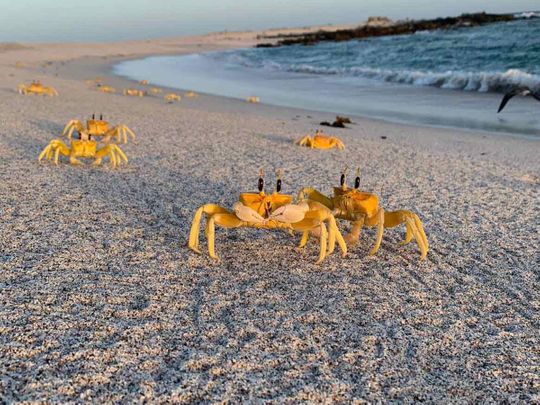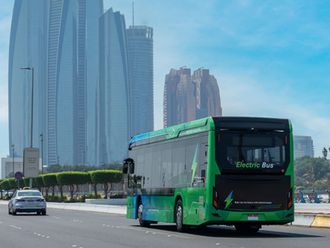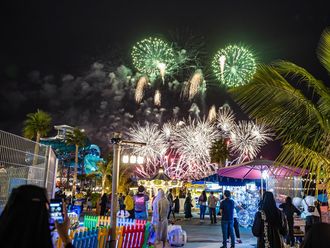
Dubai: Dubai Municipality has launched a digital platform for Dubai’s nature reserves network, in order to increase environmental awareness among all segments of the society and educate them on the emirate’s biodiversity.
The platform promotes eco-friendly, sustainable tourism in Dubai’s nature reserve zones, by consolidating all relevant information and services about the reserves in one easily accessible location.
Comprehensive info
The new platform, which can be accessed from Dubai Municipality’s website by the following link for Dubai’s protected areas, combines all the services and information of Dubai’s eight designated nature reserves, which are: Ras Al Khor Wildlife Sanctuary, Al Marmoom Desert Conservation Reserve, Jebel Ali Wildlife Sanctuary, Hatta Mountain Reserve, Ghaf Nazwa Conservation Reserve, Jebel Nazwa Conservation Reserve, Dubai Desert Conservation Reserve, and Al Wohoosh Desert Conservation Reserve.
The system offers a comprehensive overview of each reserve, including information on its type, overall area, legal framework, cultural significance, the wildlife, and natural habitats it contains, along with the activities visitors can participate in during their visit.
The platform also displays everything that Dubai Municipality offers in terms of environmental education within these natural reserves, including activities for visitors, students, and teachers, along with workshops, lectures, and other educational activities.
Schedule tours
Visitors can schedule tours with the reserve guide to explore the reserves and the biodiversity they comprise, in addition to learning about different species of birds during birdwatching sessions. Similarly, the platform highlights the initiatives and programmes run by Dubai Municipality to preserve the environment in these reserves, such as programmes to manage natural habitats, monitor water quality in the natural reserves, analysis of seaweed, and wildlife management through programmes such as birdwatching, satellite wildlife tracking, and bird recording software to identify the species of birds.
Additionally, the platform offers all the information required to visit these reserves, including visiting hours and instructions, safety precautions, local weather forecasts, a map of the reserves’ locations in Dubai for easy access, and the option to take a virtual 360-degree tour of the international wetland reserves.
Dubai Municipality is the administrative authority for Dubai’s nature reserves, which cover a total area of 1,297 square kilometres and account for 31 per cent of the city’s total area.
Likewise, three of the reserves – Ras Al Khor Wildlife Sanctuary, Jebel Ali Wildlife Sanctuary, and Hatta Mountain Reserve – are listed as wetlands of international significance under the Ramsar Convention. The reserves are home to an array of wildlife, including 342 species of birds, 46 species of mammals, 51 species of reptiles, 315 species of plants, 188 species of fish, and 582 species of invertebrates.










